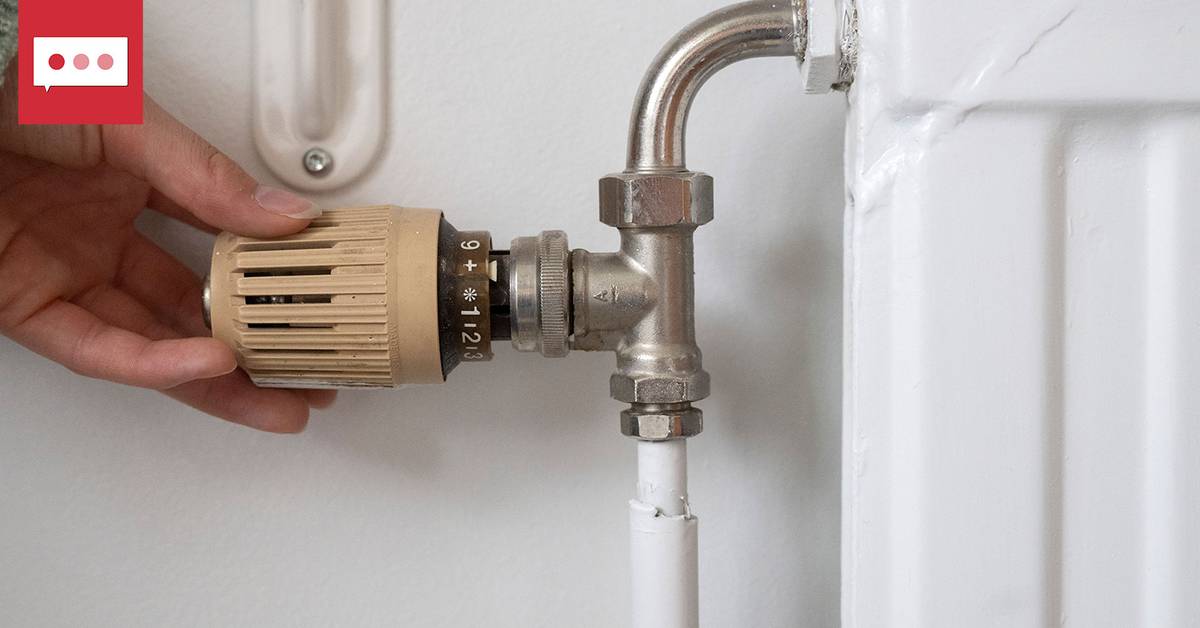It was last week that the government held a press conference with an appeal to households to save electricity.
- Two percent of the total electricity use in Sweden corresponds to approximately 3 TWh.
It is about the same amount as we can save together by lowering the temperature indoors by one degree, said Ebba Bush (KD), Minister of Energy and Nutrition.
Perhaps you are one of those who have lowered the temperature recently and reinforced with underwear and indoor slippers.
When SVT asked politicians how hot they are at home, several answered that the thermometer shows 18 degrees or colder.
“Would not recommend”
Henrik Vinge (SD) was the one who answered that he is the coldest of all and stated that he is not warmer than 15 degrees at home.
But when does saving energy become a health risk?
This is how Petter Ljungman, cardiologist and docent in environmental medicine at the Karolinska Institutet, answers:
- I would not recommend anyone to have 15 degrees at home.
From a health perspective, I can't say that there is support for keeping it so cold at home, he says.
The National Board of Health and Welfare states in a report from 2005 that there is scientific support that low temperatures can have negative health effects, especially when it comes to cardiovascular diseases.
- You get higher blood pressure.
You can increase the risk of having a stroke and heart attack, says Petter Ljungman.
But where is the limit for a healthy indoor temperature? In the clip, Petter Ljungman answers three questions about heat and the body.

